Microsoft vs Google: Tale of the tape
As Microsoft and Google go toe-to-toe in more and more areas, we look at how the two tech giants line up today.

Microsoft is one of the biggest brands in the world, but not necessarily the best loved. Staid nerd Bill Gates stepped away from the firm he founded last year, leaving zany Steve Ballmer in charge if nothing else, it's made Microsoft announcements more interesting to watch.
In fact, the Redmond giant has had a decent year when it comes to marketing. It recently topped the Superbrands poll in the UK, coming in ahead of even Google. The firm has benefited from a series of well-reviewed products, namely new search tool Bing and the soon-to-be-released Windows 7.
On top of that, Microsoft has run a series of rather insane adverts. While they often seem pointless and a bit batty, they do make the giant firm seem a bit more human. Microsoft, funny? Who woulda thunk it?
Google has generally had a good reputation. It's previously topped that Superbrands poll, but slipped to third this year. Its "do no evil" mantra, paired with the innovative stuff it releases, have won the hearts and minds of techies the world over. But Google has been hit with scandal, notable privacy concerns surrounding the Street View release in the UK, and even been the target of angry politicians. It used to be the young upstart, but it's increasingly looking like a middle-aged suit these days.
Microsoft is struggling to seem more human, while Google needs to watch it doesn't come off as an evil corporate entity. While Microsoft is improving, it's still Microsoft. Advantage: Google
Money
Results for Microsoft made the tech industry realise the recession isn't over yet. The most recent results for the company showed it had sold fewer copies of Windows than the previous year for the first time in its history and shares plummeted by eight per cent. However it still made a $3.1 billion profit so, with the release of Windows 7 later in the year, there is definite room for money making back in the near future.
Get the ITPro daily newsletter
Sign up today and you will receive a free copy of our Future Focus 2025 report - the leading guidance on AI, cybersecurity and other IT challenges as per 700+ senior executives
Google, on the other hand, brought a shining light onto a bleak horizon for tech companies, with its recent results. Its revenue reached $5.52 billion, up three per cent from last year, despite the recession with 13 per cent coming from the UK.
Google is topping the money stakes for this recent quarter but Microsoft is the old player compared to Google's new pretender status. One bad quarter for the world's biggest software company does not put it to bed so Google best enjoy the superior place while it lasts. Advantage: Google
The verdict
It's not an easy pick. On paper, our eight areas were split between the two firms. Microsoft is clearly leading in documents, operating systems, browsers and enterprise, but Google has firm hold of search, mobile, branding and money.
That said, Microsoft is challenging Google in search, while Google's browser really is far superiour, even if it doesn't have market share. And while Google has more cash coming in, Microsoft has a wider reach with install base.
Where this fight goes depends on us - if we all move more and more of our computing work online, Google has the lead. If we stick to our desktops, Microsoft has it.
If we had to place a bet, our money would be on Google to inch ahead a bit more; in five years, we'd see it picking up at least one more of these categories. But it's a tough call, as Microsoft tends to put up a solid fight, and isn't going to go away anytime soon. This battle is going to continue for some time...
But as both sides fight on, it's us on the sidelines who will benefit, as the two firms push each other to do better, to innovate to try to win our support. No matter how the battle ends, that's something to cheer about.
ITPro is a global business technology website providing the latest news, analysis, and business insight for IT decision-makers. Whether it's cyber security, cloud computing, IT infrastructure, or business strategy, we aim to equip leaders with the data they need to make informed IT investments.
For regular updates delivered to your inbox and social feeds, be sure to sign up to our daily newsletter and follow on us LinkedIn and Twitter.
-
 CISA issues warning in wake of Oracle cloud credentials leak
CISA issues warning in wake of Oracle cloud credentials leakNews The security agency has published guidance for enterprises at risk
By Ross Kelly
-
 Reports: White House mulling DeepSeek ban amid investigation
Reports: White House mulling DeepSeek ban amid investigationNews Nvidia is caught up in US-China AI battle, but Huang still visits DeepSeek in Beijing
By Nicole Kobie
-
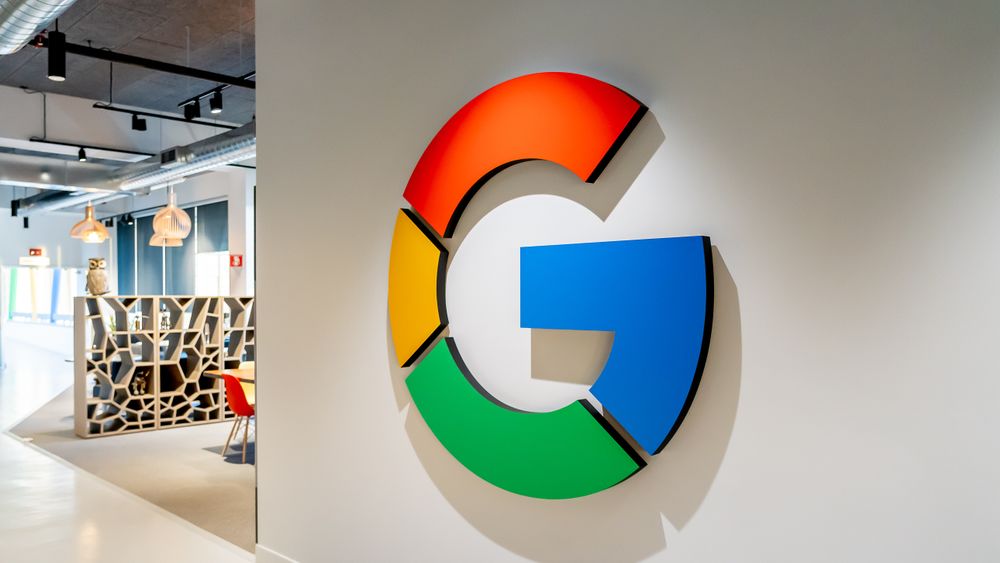 Google looks to shake up the way the tech industry classifies skin tones
Google looks to shake up the way the tech industry classifies skin tonesNews The tech giant is pursuing better ways to test for racial bias in tech products
By Mike Brassfield
-
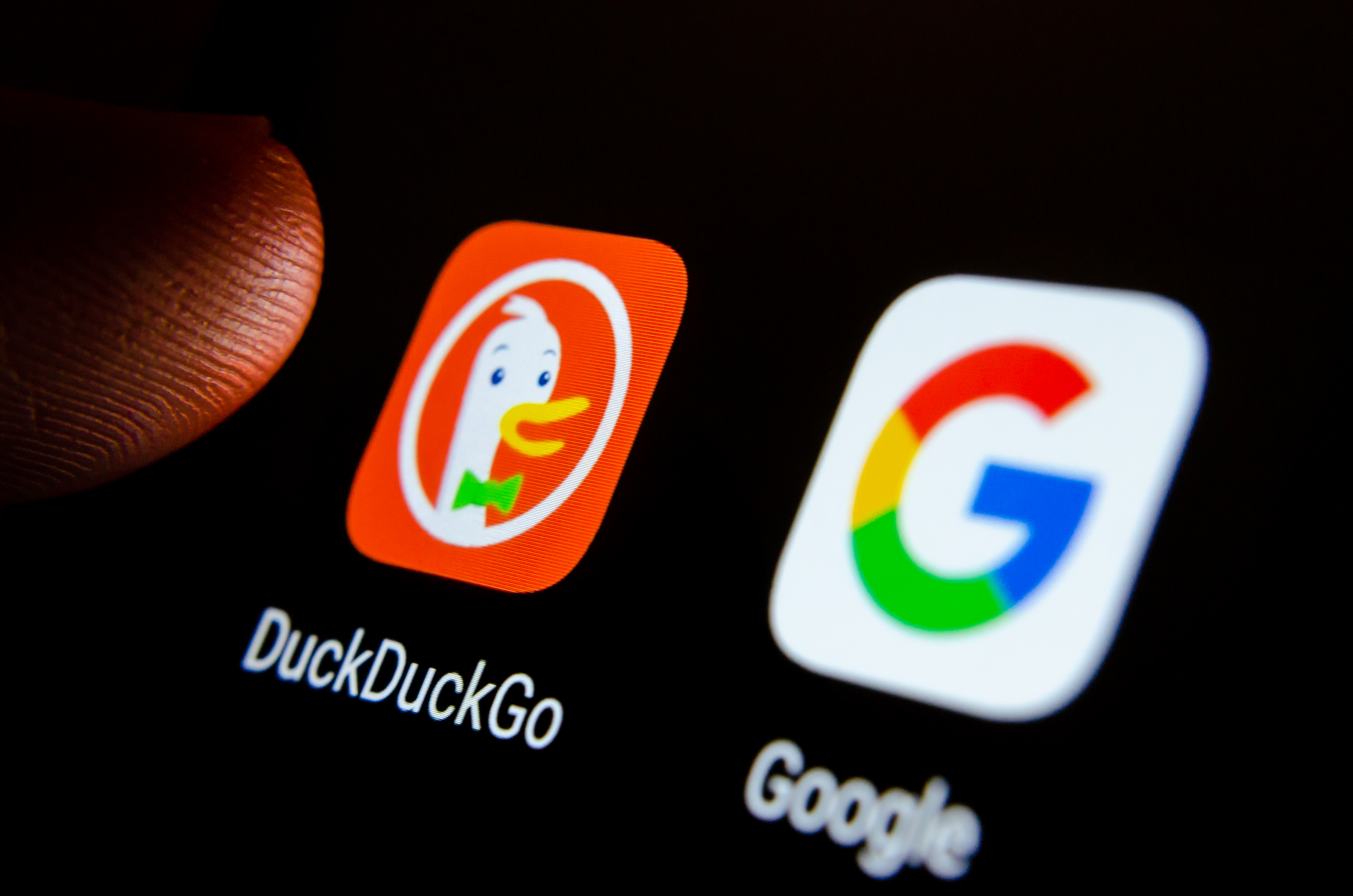 DuckDuckGo vs. Google: Privacy or popularity?
DuckDuckGo vs. Google: Privacy or popularity?Vs Google may reign as king, but it’s not the only option in the world of search
By Sarah Brennan
-
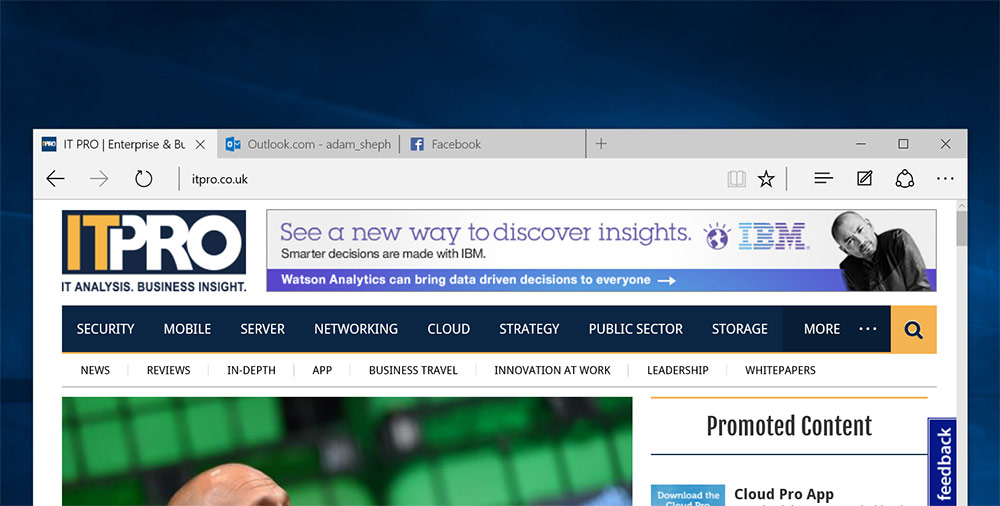 How to change your search engine in Microsoft Edge
How to change your search engine in Microsoft EdgeTutorials If you'd rather search through Google than Bing, here's how to change your default search provider in Windows 10's new browser
By Adam Shepherd
-
 Google's top 2014 search trends revealed
Google's top 2014 search trends revealedNews Google 2014 trends have been unveiled, and include the year’s biggest sporting events, tech releases, cat stats and more
By Caroline Preece
-
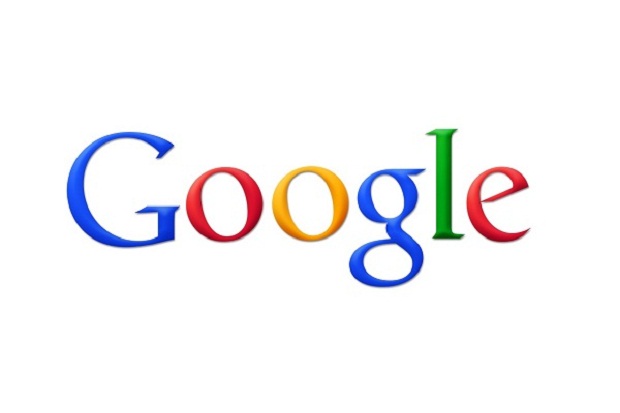 Google declares Amazon its biggest search rival
Google declares Amazon its biggest search rivalNews Google has dubbed Amazon its biggest rival above other traditional search engine companies
By Caroline Preece
-
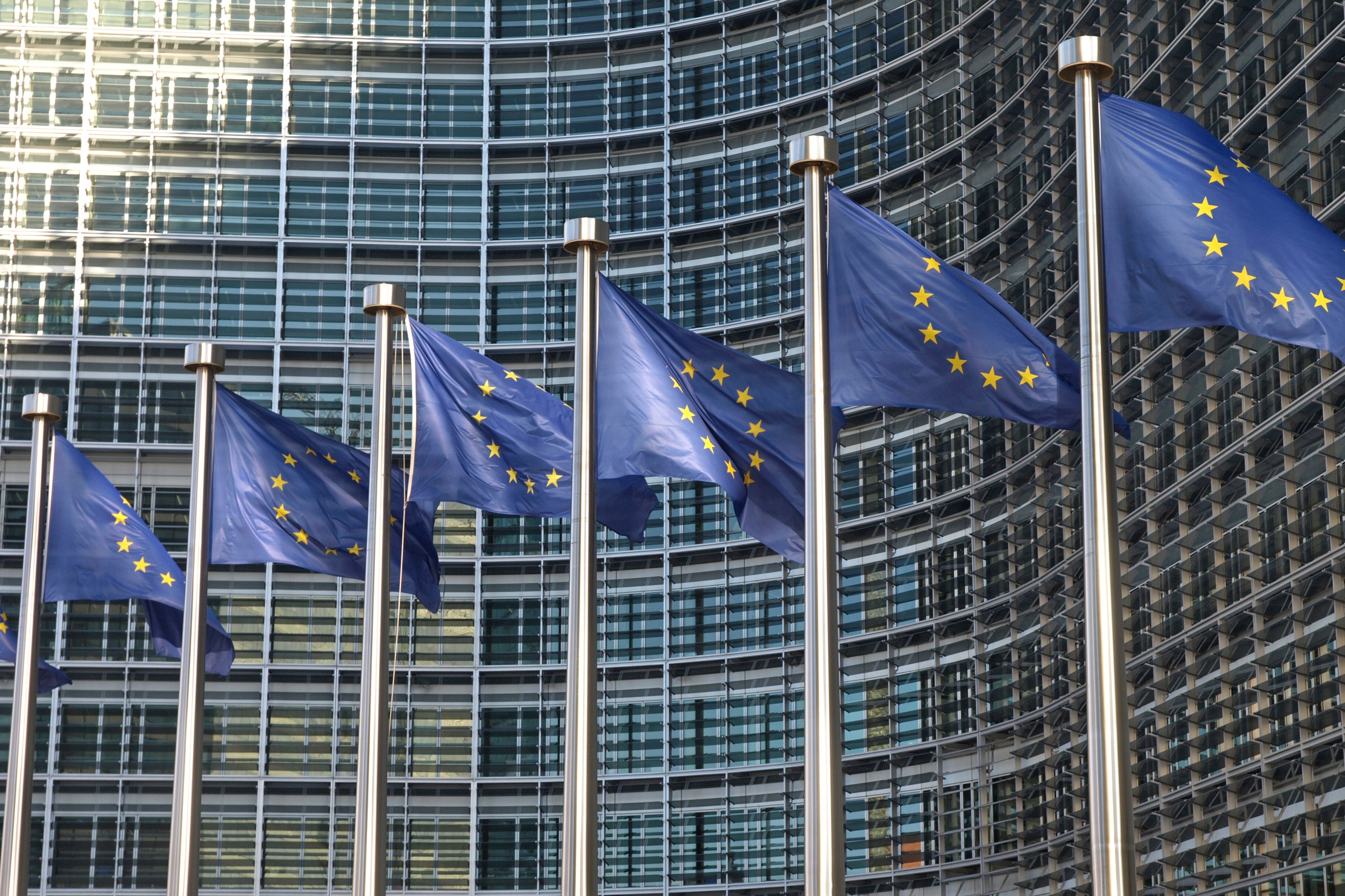 EU demands more concessions from Google over search dominance
EU demands more concessions from Google over search dominanceNews Google gets another chance to end probe
By Rene Millman
-
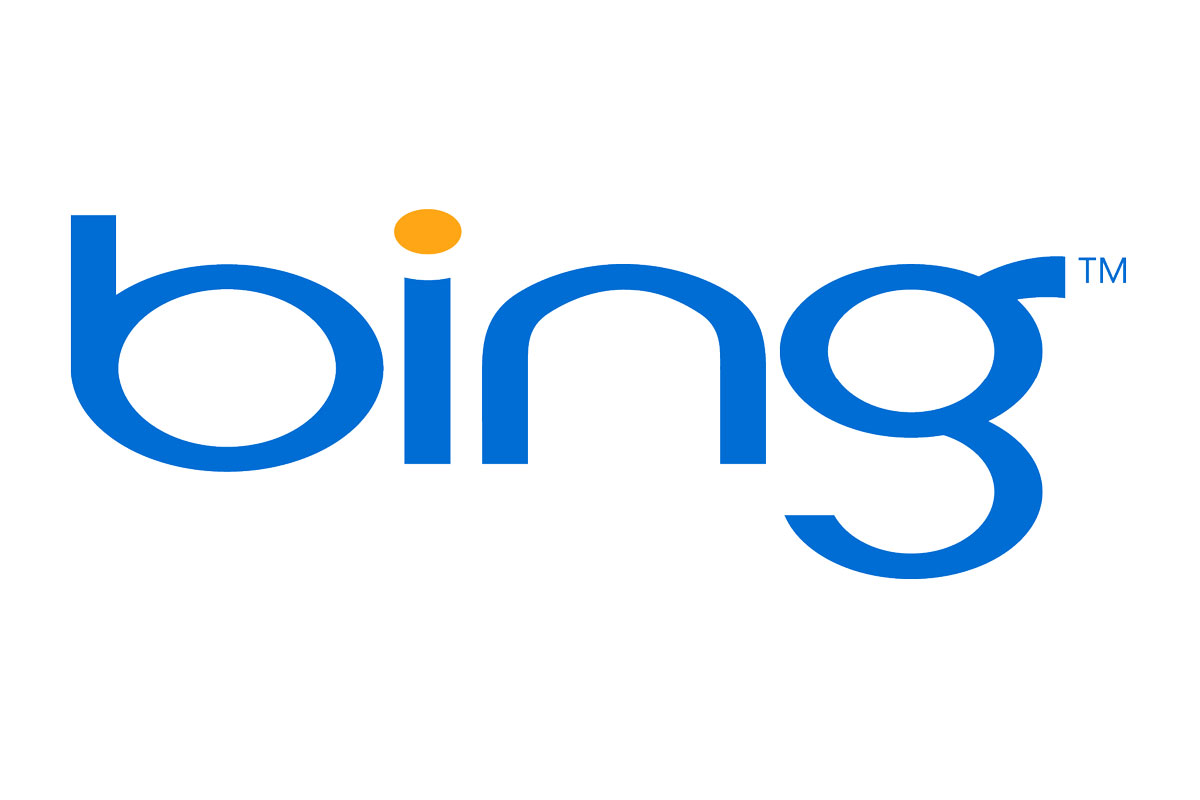 Bing's search now includes academic research
Bing's search now includes academic researchNews Scholarly articles will also be featured in Microsoft's Cortana Personal Assistant
By Clare Hopping
-
 UK demands EU drops right to be forgotten law
UK demands EU drops right to be forgotten lawNews The government has asked for the right to be forgotten law to be removed from new European Union data protection laws
By Clare Hopping
